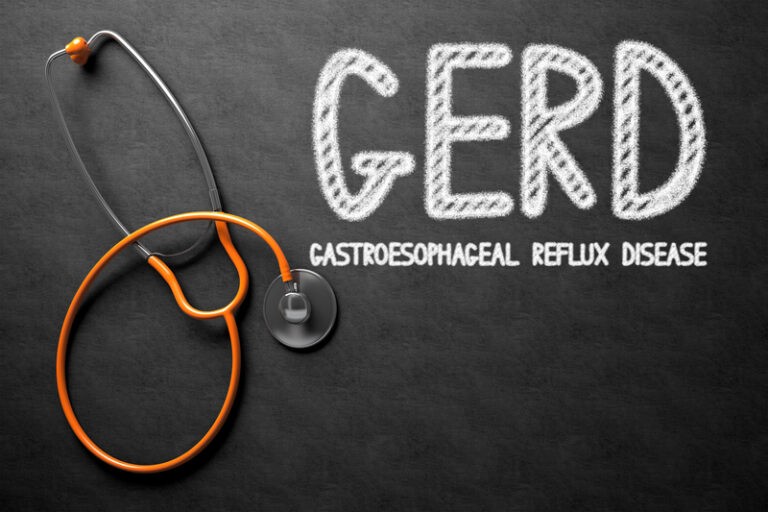In the previous article we discussed GERD in relation to acid-stopping medications, the incidences and a few of the causes. In this article we will discuss some remedies. To reiterate some, it is essential that other issues are ruled out and not ignored. It is not uncommon for someone to treat what they believe is heartburn, reflux or esophageal spasms, only to find out later it was the heart. There could also be issues with hiatal hernia, the lower esophageal sphincter being dysfunctional, having severe esophageal damage, bacterial overgrowth, or the GERD being a side effect of a medication they are taking. See a professional to rule out other issues before attempting any of the solutions below.
There are several “home remedies” to help manage the symptoms of GERD, however, the underlying issues may still need to be addressed.
Elevating the head of the bed 6-10 inches can take the pressure off the LES (lower esophageal sphincter – the “valve” that separates the esophagus from the stomach and is supposed to keep the stomach contents from coming back up into the esophagus). Make sure that your stomach is straight and not bent (as using pillows will cause).
Eat small amounts. Excess pressure on the LES, especially when combined with bloating and gas creates excess pressure on the LES, causing the sphincter to open and leak stomach contents upwards. Insufficient digestion due to inadequate stomach enzymes to digest carbohydrates results in food fermenting (rotting) in the stomach, causing excess gas. Taking sufficient enzymes if you are enzyme-depleted, especially betaine hydrochloride can be quite helpful. If betaine hcl causes pain when taking it, it’s a good indication that you have stomach erosion and need a gut-healing remedy first.
Stop eating 3-5 hours before bed to ensure food has moved out of your stomach so it will be less likely to reflux up during the night. You may not feel that. Many people have “silent reflux” – meaning you’re not aware you are refluxing. Symptoms of silent reflux include chronic cough, sore throat or hoarseness in the morning that disappears after you’ve been up awhile, post nasal drip, or chronic allergy symptoms, especially in the morning.
Eat a lower carbohydrate diet to lessen the incomplete carbohydrate digestion that generates the gas. Pasteurized dairy products are notorious offenders as well as bread and “starchy” foods. As we do need carbs in the diet, include good carbs such as raw nuts and seeds, brown rice, lentils and beans.
Herbs that coat, soothe and heal the gut lining can be helpful. Okra Pepsin, de-glycyrrhized licorice root, Meadowsweet, Marshmallow (herb), Calendula or Slippery Elm powders are good. Many mineral and vitamin deficiencies contribute to poor digestion and need to be addressed as well. These are just a few of the solutions. If you have chronic or difficult digestive issues, consider acupuncture. Known for thousands of years to help with digestive disorders – it may just be “what the doctor ordered” and help GERD faster than anything else!
©2015 Holly A. Carling, O.M.D., L.Ac., Ph.D.







